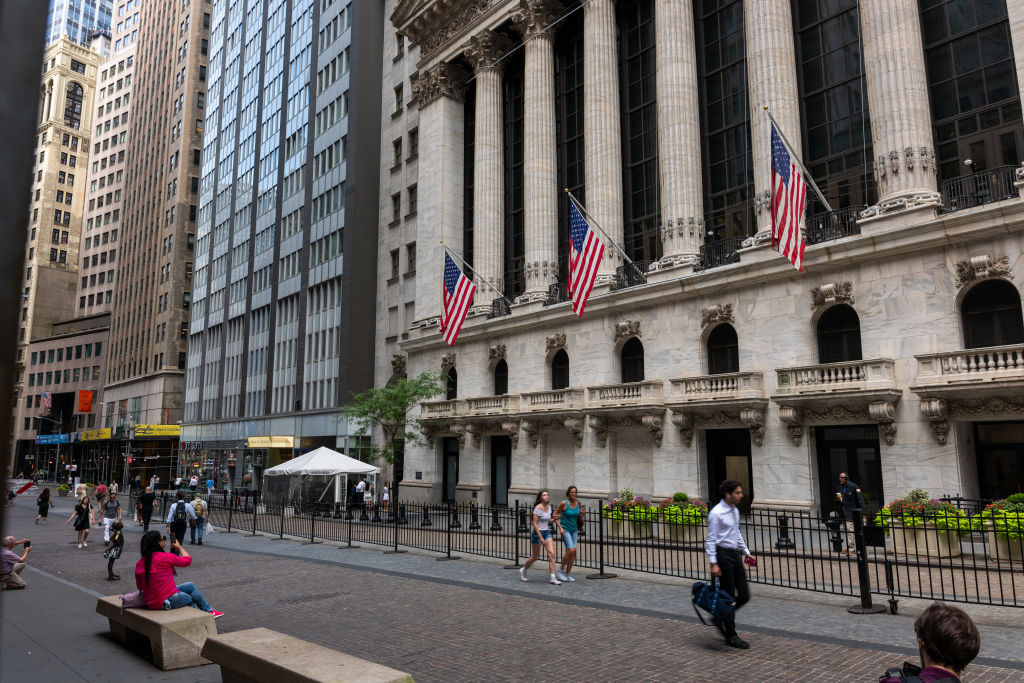The End of Banking History? Finishing the Unfinished Business of Financial Reform
August 1, 2024
By Graham Steele
Executive Summary
When the Biden administration took office, the United States government had a long to-do list for financial regulation. Part of it entailed reversing the Wall Street–friendly policies instituted by the previous administration (Steele 2019a). Another part consisted of unfinished business from the aftermath of the Global Financial Crisis (GFC) of 2007–09. However, more than three years into the administration’s term, despite a crypto crash, a regional banking panic, and a climate-driven crisis in home insurance markets, financial policy issues haven’t been at the top of the progressive economic policy agenda—but they should be.
Financial crises caused by an unstable financial system derail economic progress and devastate communities by causing millions of bankruptcies, foreclosures, and job and income losses—particularly for low-income communities and communities of color (Steele 2024a). The economic misery that the GFC and its aftermath caused so many Americans offers a recent and vivid example of the devastating impacts of financial crises. Making the financial system fairer and less extractive will also help advance other economic policies that rely on the capital and services provided by the financial sector, including climate policy, financial inclusion policy, industrial policy, and antitrust policy (Steele 2020a; Omarova and Steele 2024). Finance is often described as the “lifeblood of the economy,” and financial markets and institutions play a vital role in determining whether resources are channeled to all communities or only the wealthiest ones, to giant multinational monopolies or emerging small businesses, to productive research and development or to lavish executive pay and stock buybacks, and to clean energy innovation or fossil fuels that pollute the planet. This is why ensuring that the financial sector is safe, stable, and healthy is an essential part of a broader economic policy agenda.

“More than three years into the administration’s term, despite a crypto crash, a regional banking panic, and a climate-driven crisis in home insurance markets, financial policy issues haven’t been at the top of the progressive economic policy agenda—but they should be.”
This brief provides a framework for regulating the banking system, as well as for regulating some financial companies that seek to replicate banking without being subject to the full suite of legal restrictions that apply to banks. Specifically, this agenda includes:
- Increasing risk-based capital and leverage requirements for Global Systemically Important Banks (GSIBs) and tightening existing concentration restrictions;
- Creating a classification and accompanying regulations for Domestic Systemically Important Banks (DSIBs);
- Using resolution planning to reverse the trend of banking sector consolidation;
- Reducing the risk of bank runs by regulating volatile deposits;
- Limiting banks’ powers to engage in risky activities like crypto assets and commodities trading; and
- Providing for consolidated regulation and supervision of all financial institutions that engage in banking or bank-like activities.
These are not the only items on the financial reform agenda. The Dodd-Frank Wall Street Reform and Consumer Protection (Dodd-Frank) Act contained more than 300 provisions that either expressly required or permitted agency rulemaking (Copeland 2010). As of 2016, the previous high-water mark for implementation, 70.3 percent of the required rulemakings had been finalized, 9.2 percent were in the proposal stage, and 20.5 percent had not yet been proposed (Davis Polk 2016). For example, regulators still need to finalize incentive-based compensation rules required under section 956 of the Dodd-Frank Act (FDIC et al. 2024).1 Regulators are also overdue in updating the federal guidelines applicable to bank mergers to address growing consolidation and financial stability risks (EO 14036; FDIC 2024a)
To be sure, there have been areas of progress, including the Securities and Exchange Commission’s (SEC) work on the risks to investors posed by climate change and the Consumer Financial Protection Bureau’s (CFPB) initiative to address excessive “junk fees” like credit card late fees (SEC 2024; CFPB 2024).2 These efforts have progressed because they benefited from a combination of single-agency rulemaking jurisdiction, political guidance from the White House and its administration, and an overarching affirmative economic vision into which they can fit.3
The proposals provided in this brief offer a unified agenda for the three banking agencies—the Federal Reserve (Fed), Federal Deposit Insurance Corporation (FDIC), and Office of the Comptroller of the Currency (OCC)—that can be adopted by an administration looking to offer a vision for a democratic and equitable financial system. They directly respond to the unfinished reforms from the GFC, the deregulation that occurred during the Trump administration, the recent stresses in the banking sector in 2023, and the increasing move of finance to digitally based businesses.
Footnotes and Suggested Citation
read the footnotes
112 U.S.C. § 5641
2But note that the industries regulated by both agencies have challenged rules resulting from these efforts in court.
3For example, these initiatives came pursuant to provisions contained in two executive orders, EO 14036 and EO 14030.
Suggested Citation
Steele, Graham. 2024. “The End of Banking History? Finishing the Unfinished Business of Financial Reform.” Roosevelt Institute, July 25, 2024.
